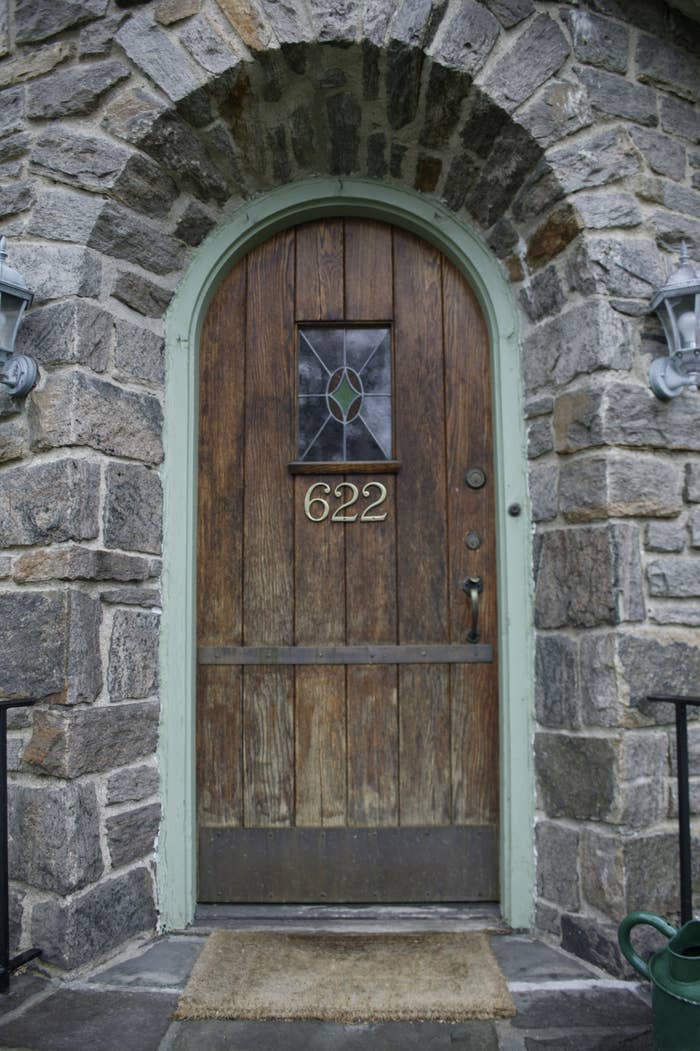
Police cuts have led to forensic officers visiting attempted burglaries in Leicestershire only at even-numbered houses.
In a pilot scheme by the East Midlands Special Operations Unit (EMSOU), all reported scenes of attempted burglary are being attended by a police officer but only those at even-numbered houses are followed up by a forensic officer to gather evidence such as fingerprints.
Scenes where the victim is considered to be vulnerable or that could be linked to a series of crimes are attended by both a police and forensic officer regardless of house number.
Tasked with finding ways to reduce costs, the EMSOU looked at 1,172 attempted burglaries in the area that were visited both a police and forensic officer and found that little forensic evidence was discovered and only 33 suspects were ever identified as a result.
When only half of crime scenes were visited by a forensic officer, there was “no noticeable impact on victim satisfaction, and nor did it affect the overall ratio of scenes visited and suspects identified", The Times reported.
In order to create a randomised sample of which half of houses would be visited and which wouldn't, Leicestershire police said, "it was decided that properties which were the scenes of attempted burglaries with even house numbers would be visited, and those with odd numbers would not".
Jonathan Portes, director of the National Institute of Economic and Social Research, told BuzzFeed News: "Leicestershire police seem to have done a properly randomised pilot. If [not sending forensic officers to the scene] didn't reduce public satisfaction with the police, or the number of criminals caught, then this is an excellent way of freeing up public money which can be used elsewhere."
However, Police Foundation deputy director Gavin Hales called the pilot scheme “ethically dubious”, The Times reported.
"It also risks being highly counterproductive, both in terms of public confidence but also successful prosecutions," he said.
"Imagine, for example, a police force that finds the same tool marks at the scenes of five attempted burglaries, and then on the sixth occasion also finds a fingerprint that allows all six crimes to be solved. By ignoring half of the opportunities to collect forensic evidence, a police force would necessarily solve fewer crimes."
The EMSOU is now considering rolling out the pilot to Lincolnshire, Nottinghamshire, Derbyshire, and Northamptonshire.
Police across the country are changing their working practices in the face of 25% budget cuts and the prospect of the loss of 70,000 posts over 10 years.
"We cannot do everything," said Chief Constable Sara Thornton, head of the National Police Chiefs' Council, according to The Telegraph. "The cuts are so significant, we are going to have so few officers that the public's expectations are going to have to change."
Thornton's sentiment was echoed by Jo Ashworth, director of forensic sciences at the EMSOU, who said in a statement: "At a time when we are operating within reduced budgets, it is even more critical that we make the absolute best use of our crime scene investigators' time."
